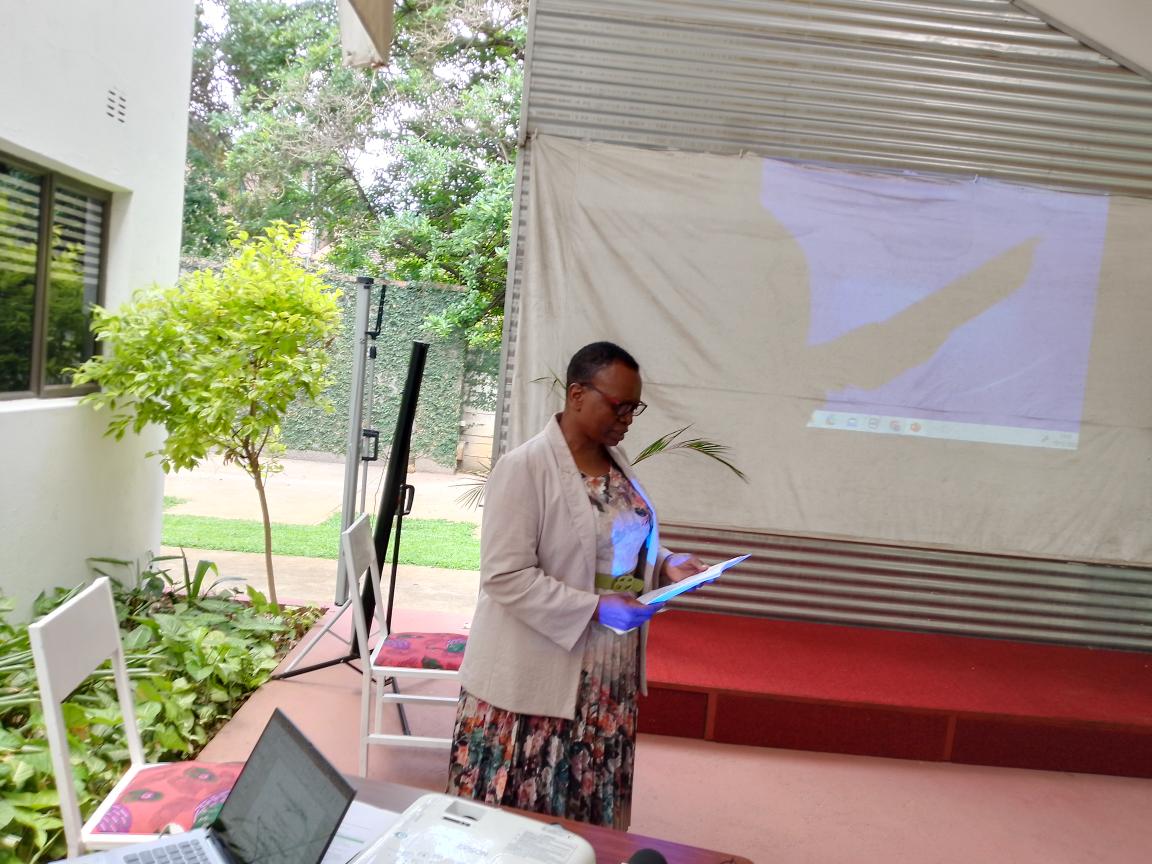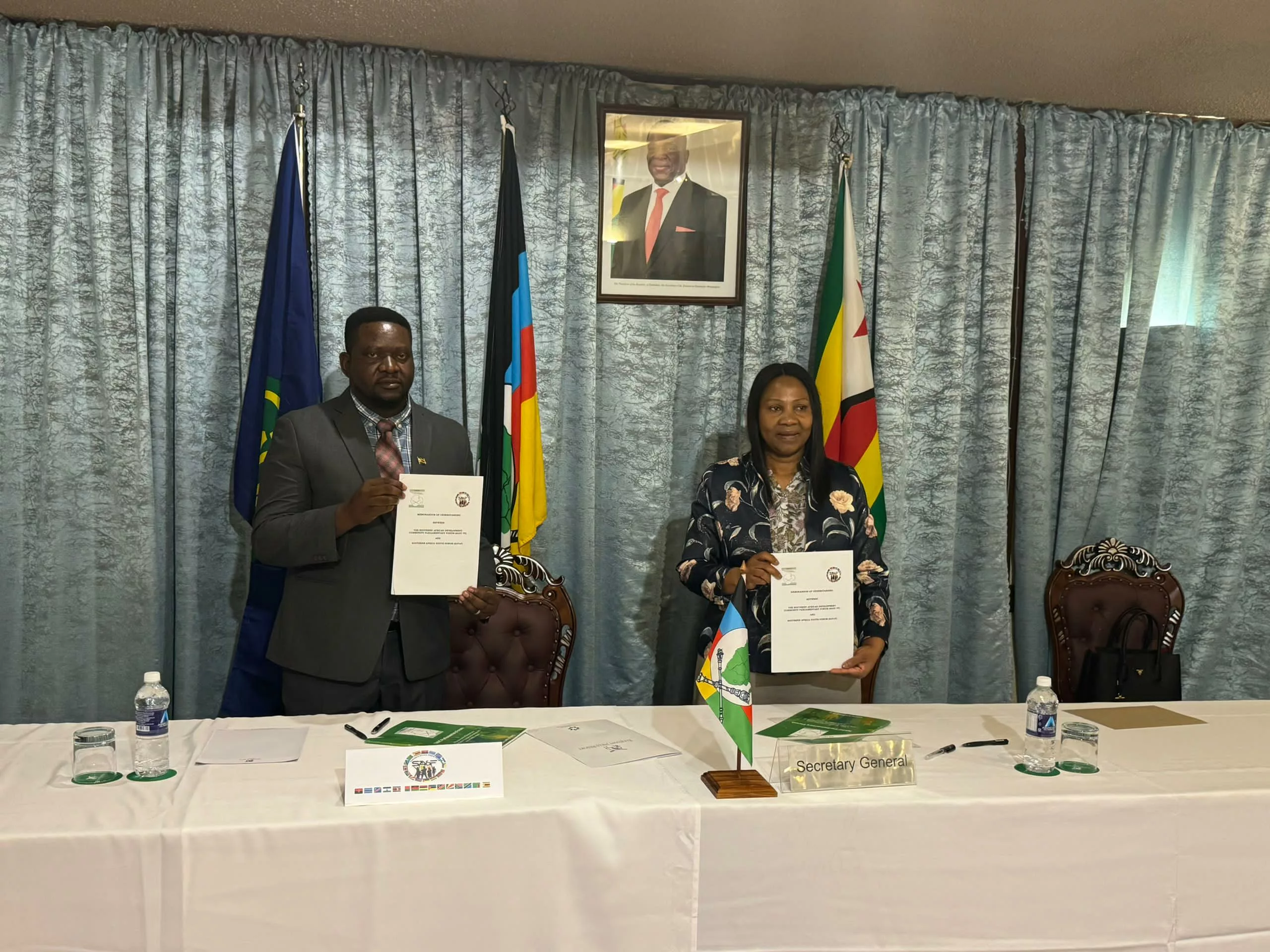|
Getting your Trinity Audio player ready...
|
There is a need for countries to have a stand-alone budget for the infection prevention and control (IPC) programme to prevent healthcare-associated infections and future outbreaks, it has emerged.
In her official opening remarks for the media briefing on the advocacy for a domestic IPC budget held in Harare today, the Director of Nursing Services in the Ministry of Health and Child Care, Mrs. N Chiwara, who is also the national IPC lead, said there is a need for countries to have a stand-alone budget for the IPC programme.
“The IPC programme in Zimbabwe is under the Nursing Directorate in the Ministry of Health and Childcare. However funding for IPC interventions is embedded in other programme areas, such as WASH, Maternal and Child Health, Sexual Reproductive Health, Emergency Preparedness and Quality Improvement with no direct funding under the MoHCC Programme Budgetary Allocation System, which means the country needs to formulate a sustainable plan to fund IPC programmes that includes capacity development of Health Care Workers in IPC training and formulation of a Career Structure for IPC professionals, prevention of Healthcare Associated infections and Surveillance of highly infectious Infections like TB, COVID-19, Cholera, etc.
“Because IPC activities and funding are embedded in other programmes as mentioned above, it is difficult to track how much has been spent for specific IPC interventions and development, in line with the 76th World Health Assembly Resolutions in 2023. There is a need for countries to have a stand-alone budget for the IPC programme to support this growth, and prevent Healthcare Associated Infections and future outbreaks from 35-70%,” Mrs Chiwara said.
She encouraged combined efforts from the government, corporations and the media in ensuring the application of Standard Precautions and Transmission-Based Precautions such as improved hand hygiene practices, rational use of antibiotics and environmental cleaning, and isolation of infectious cases could reduce the health burden of Antimicrobial Resistance (AMR) by 85%.
To achieve this, she said there should be a multisectoral approach to budget advocacy for Infection Prevention and Control to contribute to the Vision of the Global IPC Strategy.
Addressing the same meeting, Dr. Celestino Dhege, the President of the Infection Control Association of Zimbabwe Trust said programmes to support IPC are particularly important in low- and middle-income countries.
“The WHO is calling on member states to increase their investment in IPC programmes to ensure quality of care and patient and health workers’ safety and protect their populations. Increased investment in IPC has been demonstrated to improve health outcomes and reduce healthcare costs and out-of-pocket expenses,” Dr. Dhege said.
With regards to agenda item 13.5, Zimbabwe acknowledges the importance of Infection Prevention and Control (IPC) and its contribution to Patient Safety in healthcare. The COVID-19 pandemic reinforced the importance of IPC practice in pandemic prevention, preparedness, and response. During the response to COVID-19, Zimbabwe established an IPC Pillar at the national level and further replicated this at sub-national levels to provide much-needed technical guidance to the country.
Margaret Mutandwa, a public health consultant, encouraged Zimbabwe to adopt the WHO Core Components of Functional IPC Programmes at all levels of the Healthcare Delivery System.






